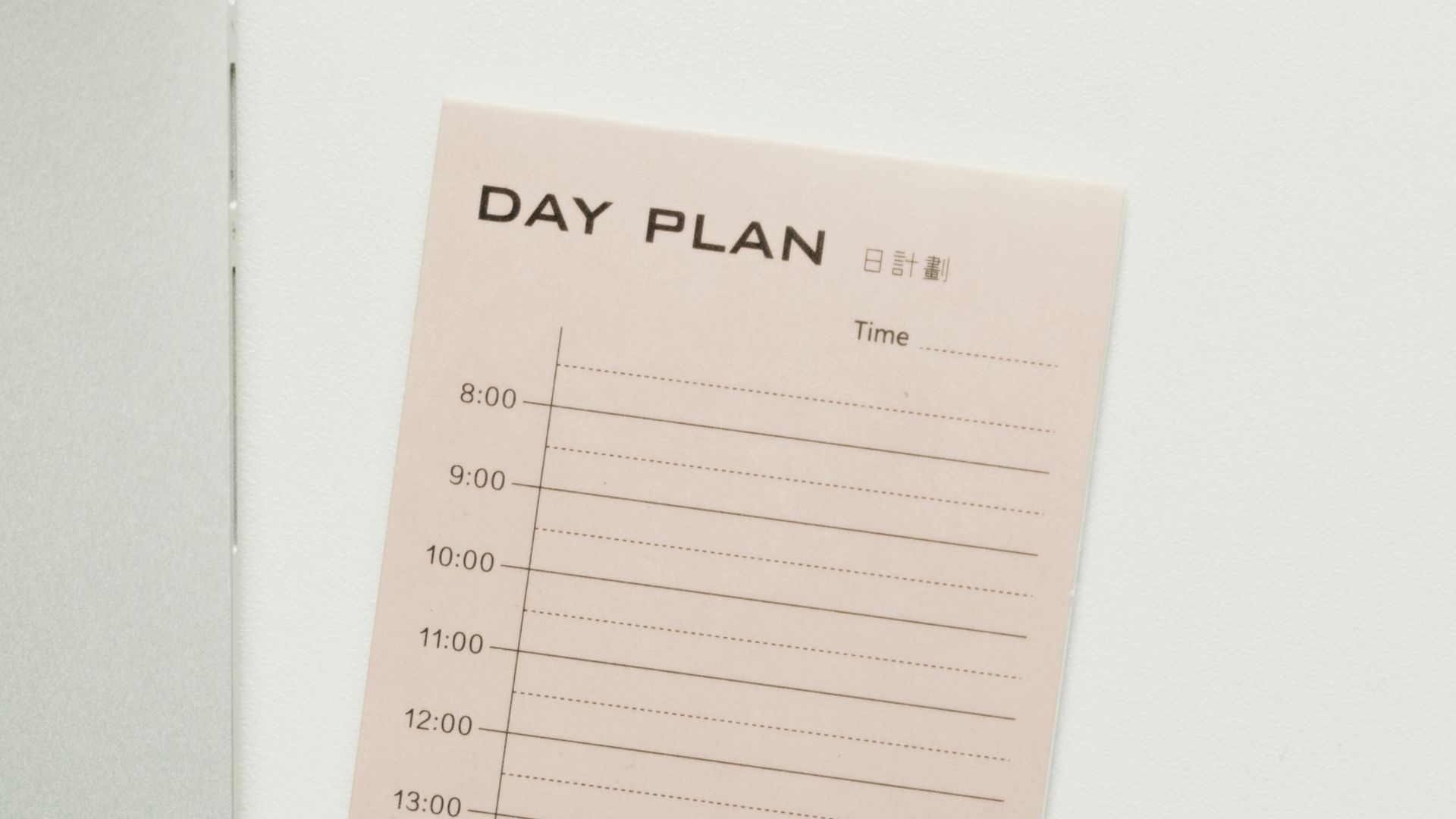Reframing New Year’s Resolutions
We put a lot of pressure on ourselves on January 1st. Gyms are packed with people sweating off turkey dinners, early morning alarms are blaring, and salads are being ordered for lunch. New Year’s Resolutions appear to be underway but by the end of the month, things slip back to normal. Why do New Year’s Resolutions often set us up for failure instead of success?
1. Brand New Behaviors
Humans aren’t programmed to change their behaviors with a button switch. If we could change instantly, we wouldn’t be setting goals every new year because we’d already be fit, healthy, and brilliant. Often resolutions involve brand new behaviors we’ve never acted on before and are impossible to achieve right away.
2. Unrealistic Goals
If your new goal is to work out every day at 5 am after months of sleeping in, you’re setting yourself up for failure. Often folks set a very high bar for themselves and when they can’t reach it, they feel defeated. New Year’s resolutions can be unrealistic if you don’t consider your current situation and attainable expectations.
3. Too Much Build Up
New year, new you! There’s way too much hype leading up to New Year’s Eve. We let loose during the holidays and we tell ourselves we’ll worry about everything later. We’re in celebration mode and responsibilities and goals are a thing for the future. We only feel the pressure when suddenly January smacks us in the face.
4. Drastic Changes Short Term
We just spent the last two months drinking spiked eggnog with friends, making gingerbread houses, and sleeping in on our days off. It’s a rude awakening to drop all of that at once and start eating celery sticks and waking up before sunrise. It can make you feel depressed to eliminate all the fun at once and it won’t motivate you to stick to your goals.
5. Wishful Thinking
There’s a big difference between wishing you would do something and actually wanting to do it. You might wish you would go to bed earlier but do you actually want to hit the bed at 9 pm when you’re a night owl? Many of us get caught up in wishful thinking instead of realizing what we truly want to make our lives better.
6. Fear
We are scared of making New Year’s resolutions! Some of us see change as a big and frightening future. Fear may hold you back from setting personal goals because you don’t want to fail. You might also be overwhelmed by the pressure around you from others setting resolutions.
7. Unbreakable Habits
We’re creatures of habit and it takes time to eliminate bad habits or introduce new ones. A common New Year’s resolution is to break a habit which is the ultimate setup for failure. If you don’t know how to transform your habits properly, you’ll quickly feel like a failure and slip back to your old ways.
8. Too Much At Once
Your New Year’s resolutions shouldn’t be as long as your Christmas wishlist. If you have ten new goals to try in January, you’ll overwhelm yourself and it won’t act in your favor. You’ll have too much to handle all at once which could lead to harming your physical and mental health rather than bettering it.
9. One And Done
A lot of folks set resolutions that don’t stick long-term. If your goal is to be a certain weight, you might stop your changes once you achieve your number on the scale. If you have a one-and-done mentality, you’ll forget about the goal after you hit it the first time.
10. Negotiations
If you give yourself negotiations, you’re giving yourself an out. If you set a resolution to go to the gym every morning but you ask yourself when you wake up if you feel like it, you’re more likely to lie in bed until it’s too late to go before work.
Let's change this around and set achievable resolutions for ourselves!
1. Know Your ‘Why’
Why do you want those goals? There are no wrong answers but you need to know why you wrote those New Year’s resolutions down. You should understand the reasons behind your goals for them to make sense to you and motivate you to take action.
2. Don't Make January 1st The Start Time
Why do we all have to start bettering ourselves at the beginning of the new year? It’s more beneficial to start your goals earlier or later, whenever it makes sense with your life and your schedule. You’re more likely to make changes when you feel ready and you don’t need to have the same start time as everybody else.
3. Something Is Better Than Nothing
If you aim for perfection, you won’t succeed! If you tell yourself that doing something is better than nothing, you’ll work your way to success. Don’t give up because you only did 20 minutes instead of an hour of Pilates like you intended. Baby steps are key and slow and steady will win you the race, you’ll only tire yourself out if you sprint at the start.
4. See It. Believe It.
If you can picture yourself doing it, you’re more likely to do it. If your resolution is a truthful, realistic goal you can see yourself achieving then you’re setting yourself up for success. Manifesting and realistic goal setting are major motivators.
5. Be Specific.
Be specific about your intentions if you want results. You’ll understand your goals better and create a plan that helps get you to where you want to be. If you’re going to eat better, what kind of food do you want to decrease or increase to be healthier?
6. Goodbye Self Judgement!
Treat yourself like you would treat your friend. Would you yell at them and call them a failure if they didn’t accomplish their goal right away? Don’t beat yourself up if you get off track or take longer than you anticipated, it won’t motivate you to do better.
7. Support System
If there’s anyone negatively impacting the changes you want to make, it’s time to give them space. You want the people around you to be your support system and build you up, not tear you down. Try not to let other’s negative opinions get in the way of your decisions.
8. Long Term Goals
Change the one-and-done mentality and be more specific about your end goal. If it’s about your weight then set goals for a healthy diet and exercise plan rather than just a weight goal. This way, you’ll stick to your healthy weight and maintain and healthier lifestyle long term.
9. Expect Challenges
Changes are tough! If you set goals then expect challenges. It’ll be a lot easier to work on yourself if you accept that things will be hard. The hardest part is starting, once you get through challenges and obstacles it’ll get easier but you have to face your fears first.
10. Set Routine
Routines help most people work towards their goals because it allows us to act without much thinking. Don’t allow yourself to negotiate; once you have a routine that works for you, stick to it. You won’t have time to contemplate whether to do your routine or not if you just get up and do it.




























